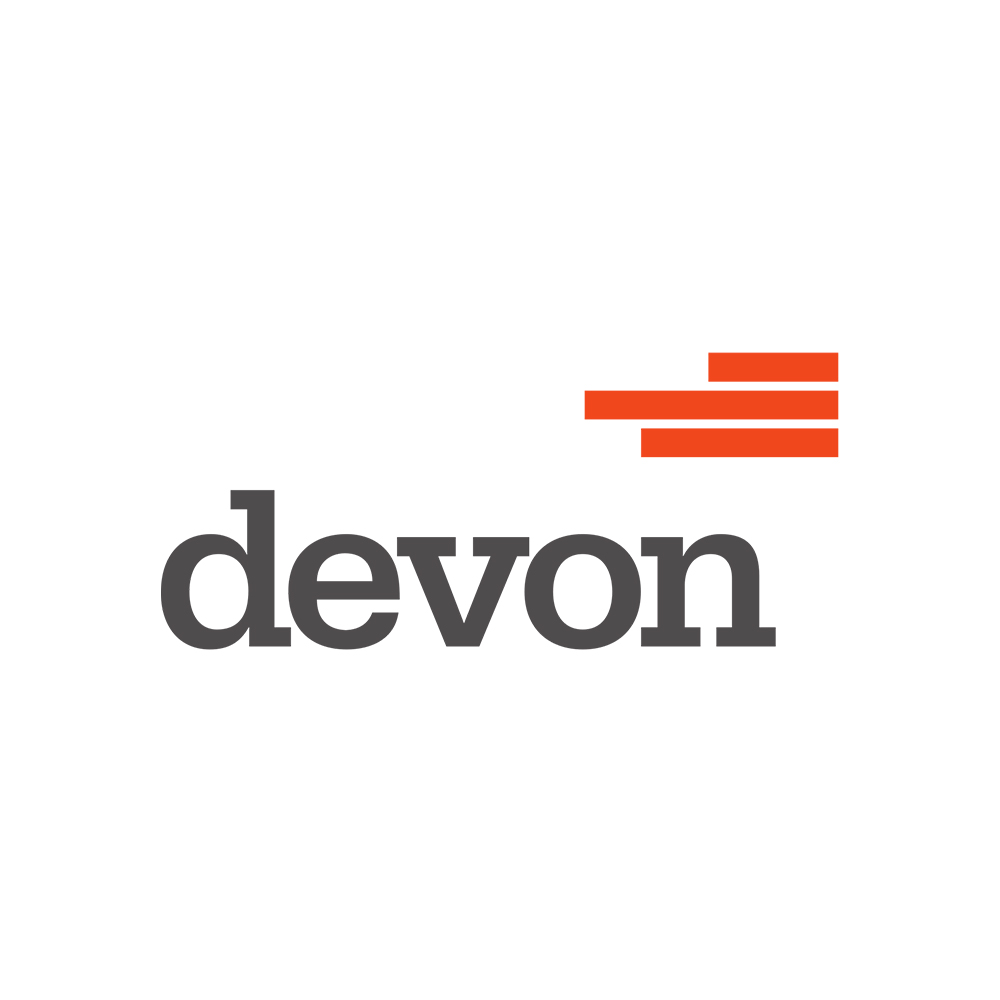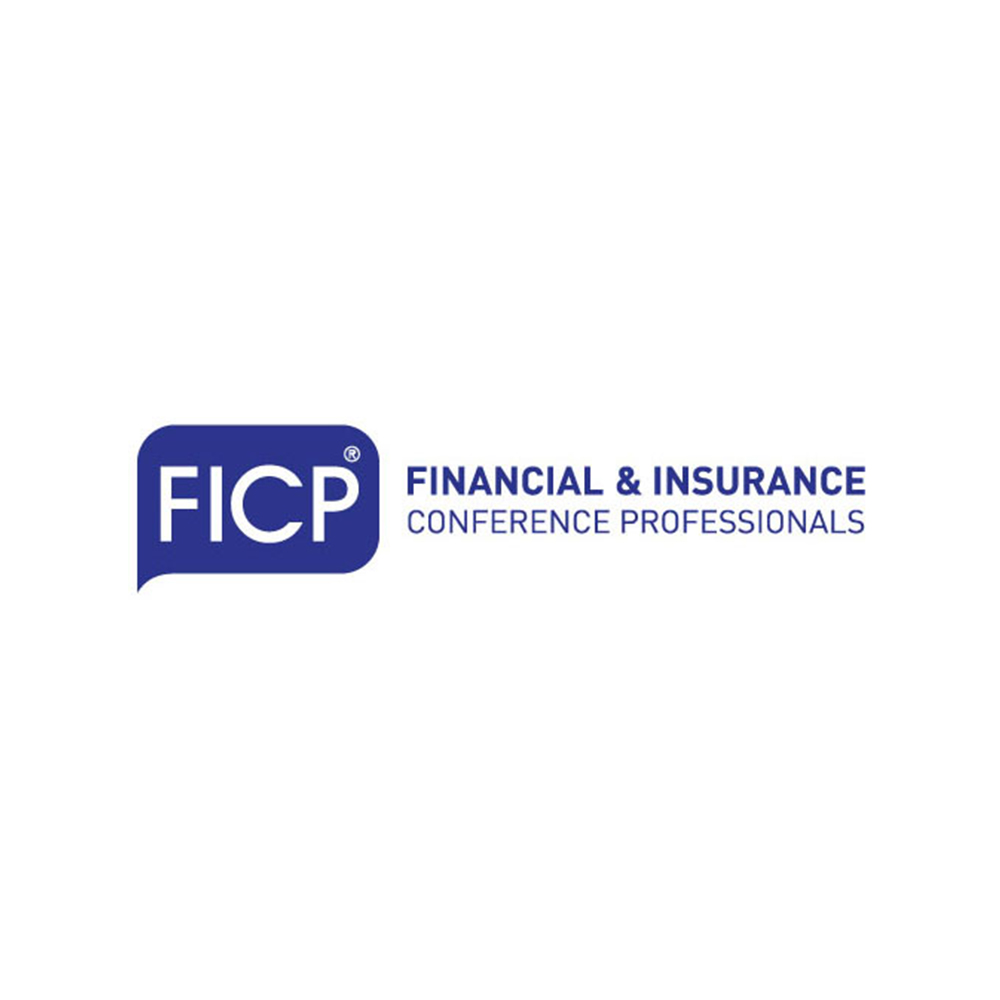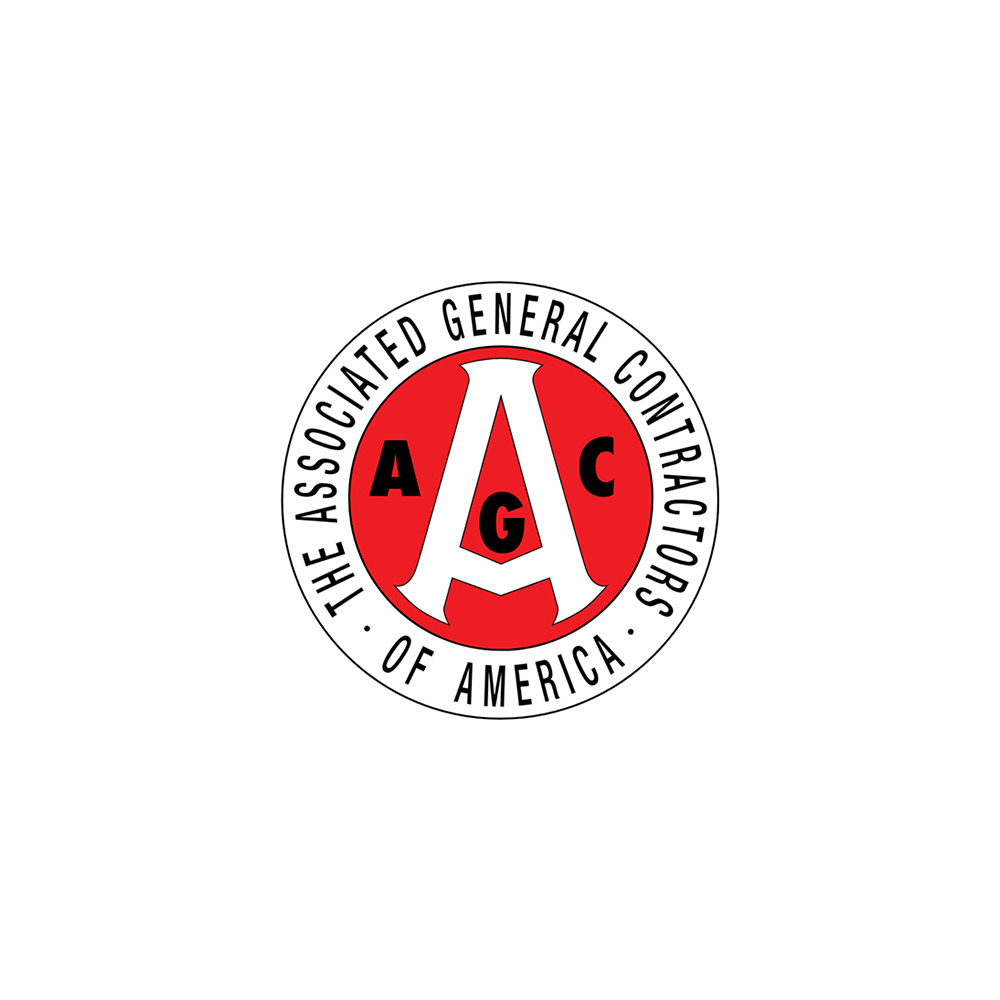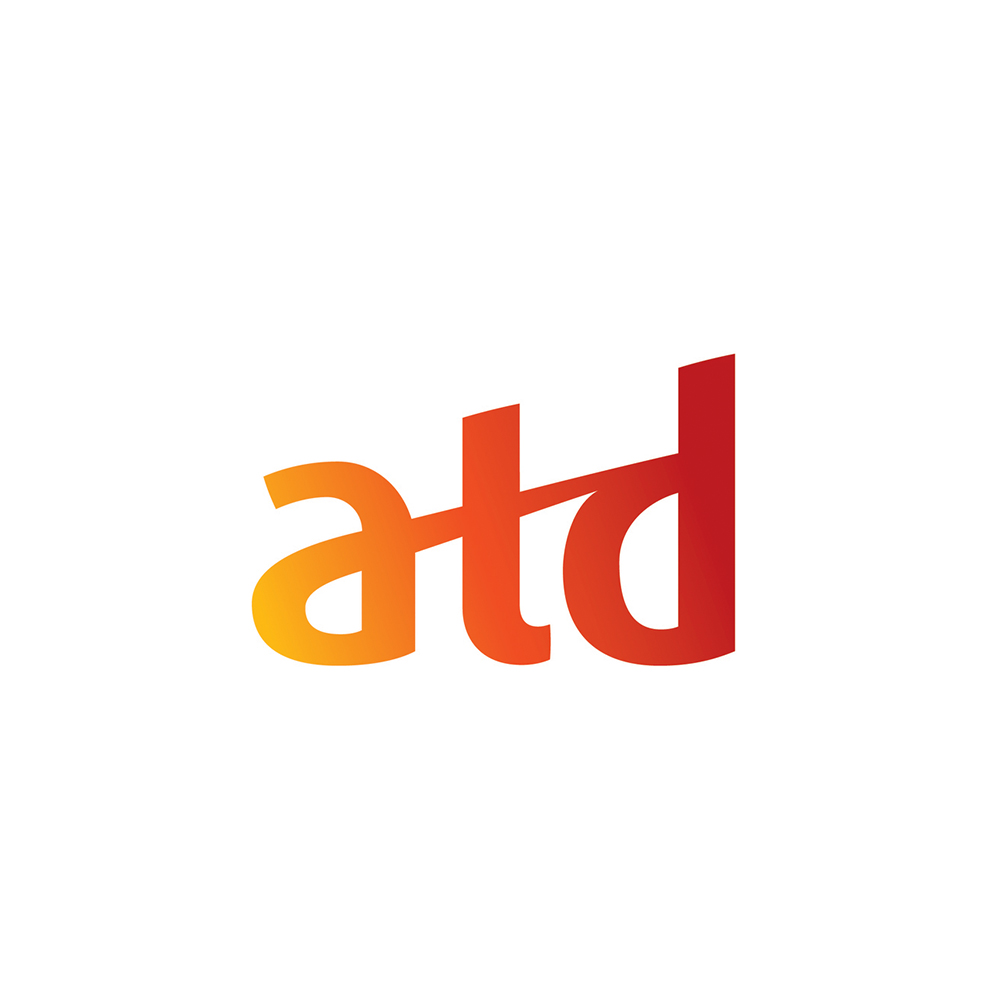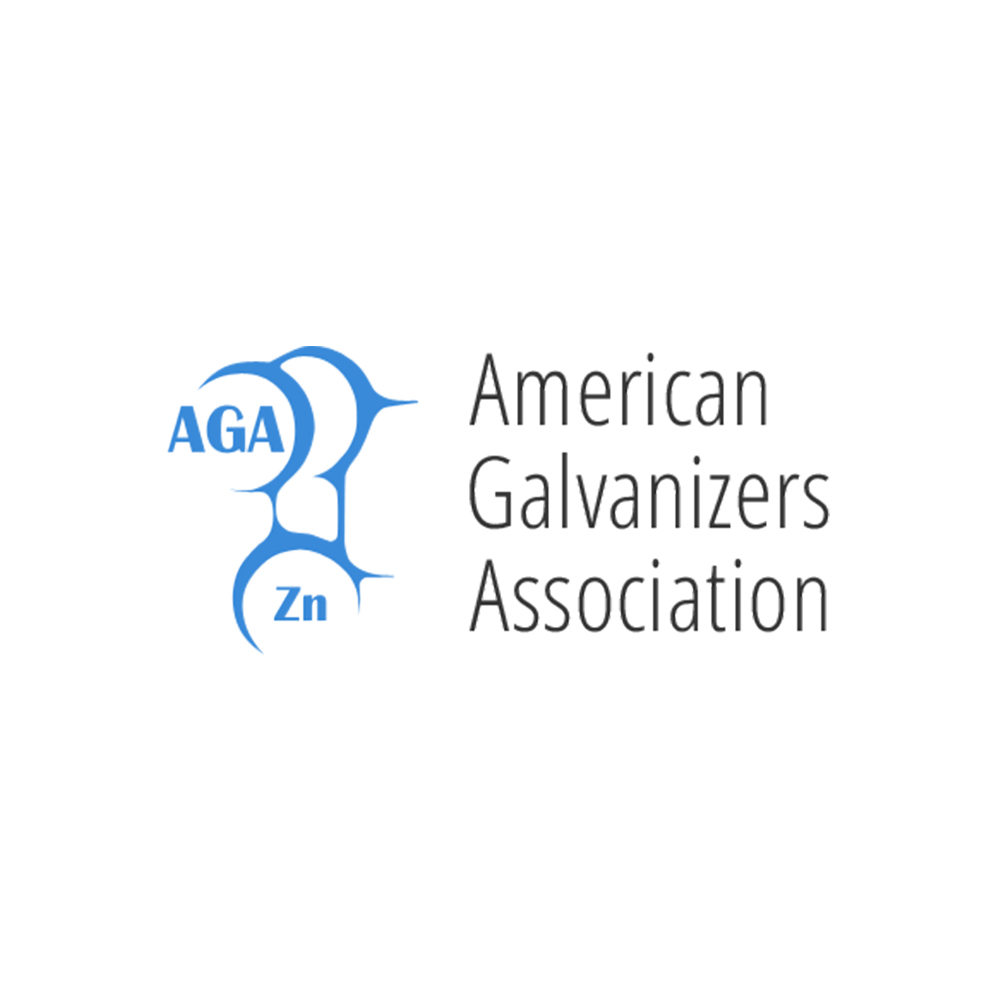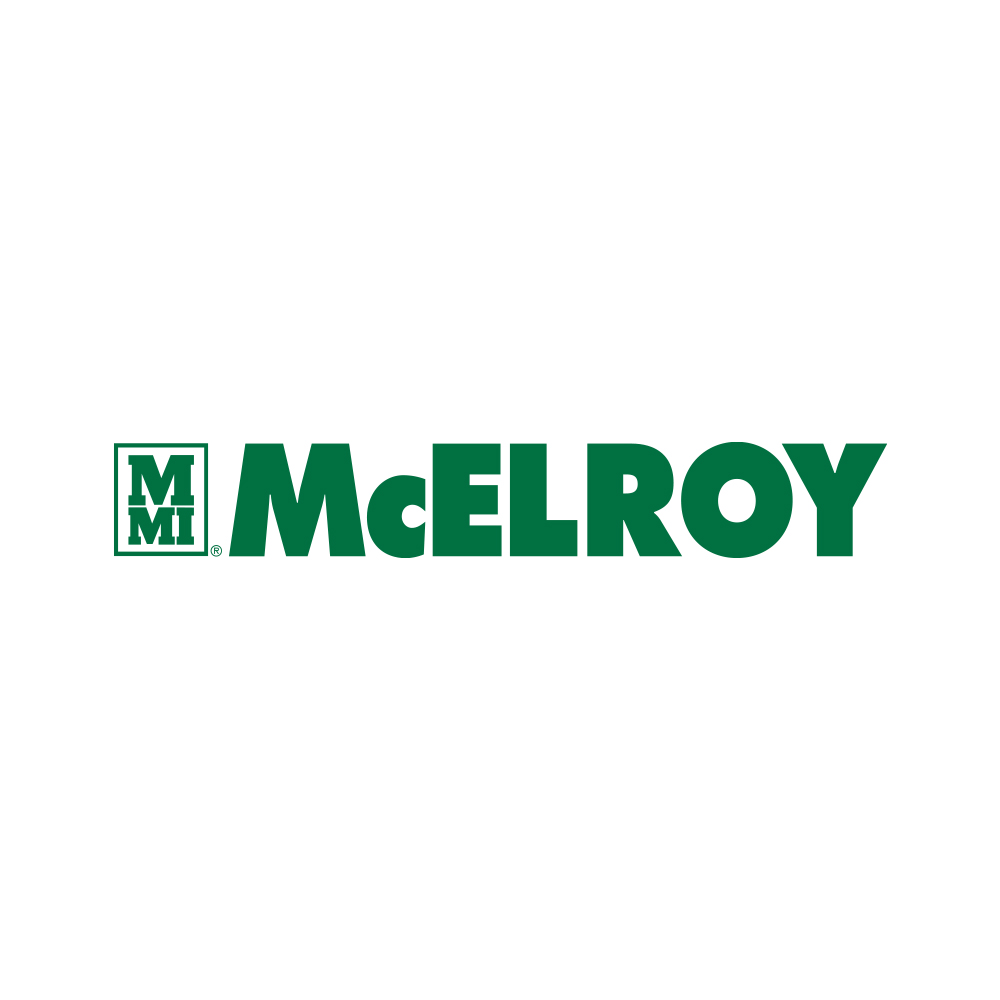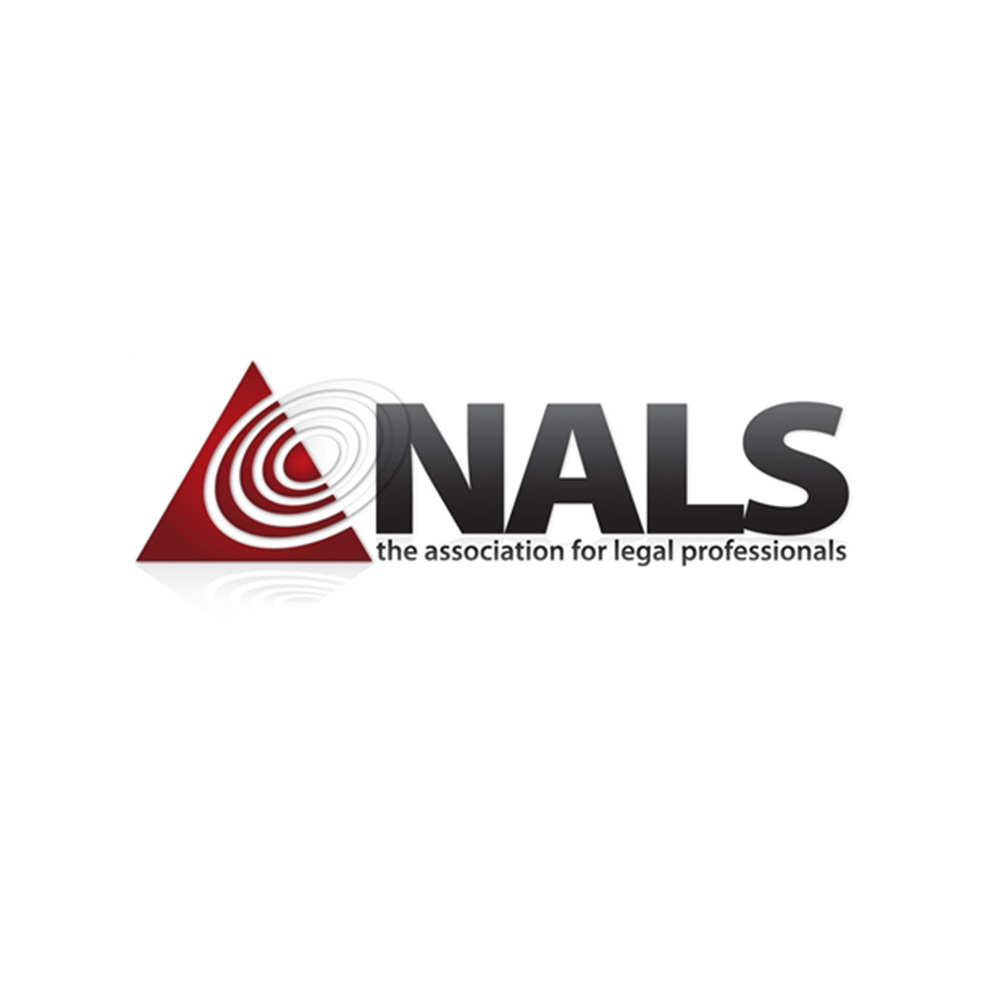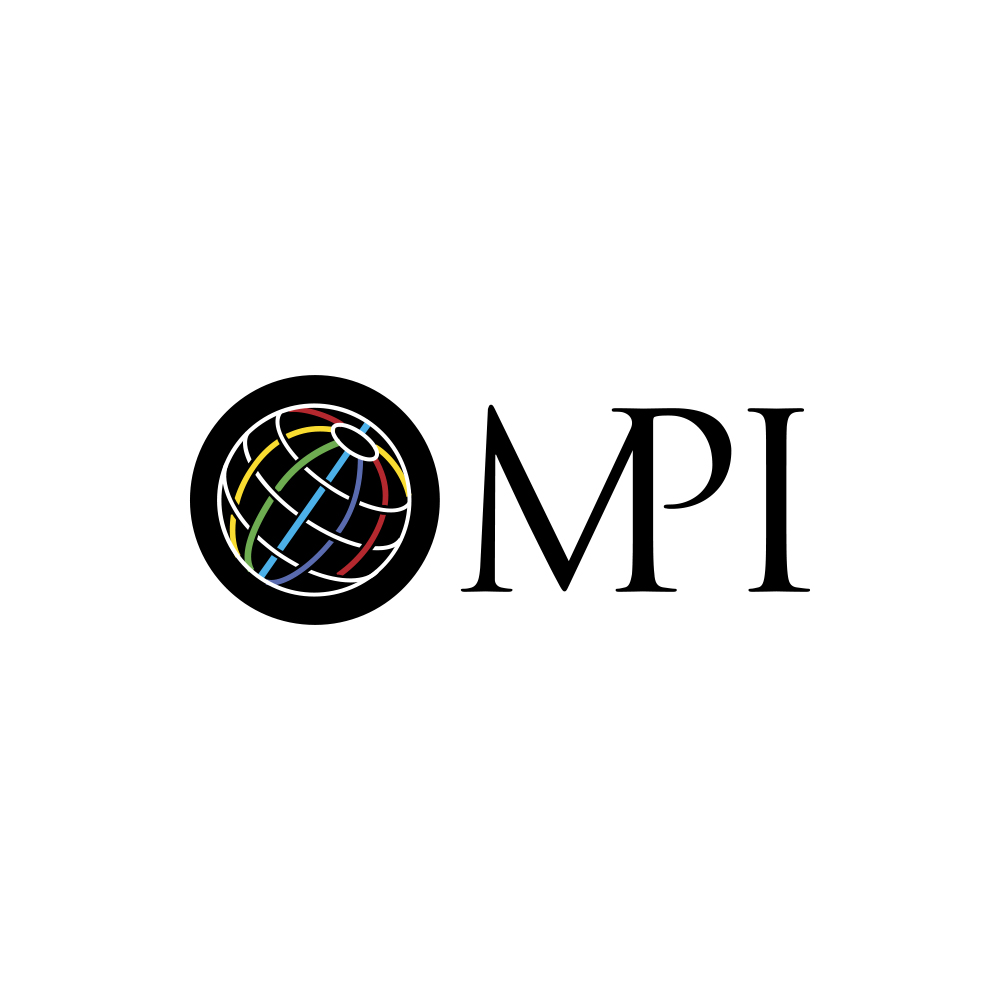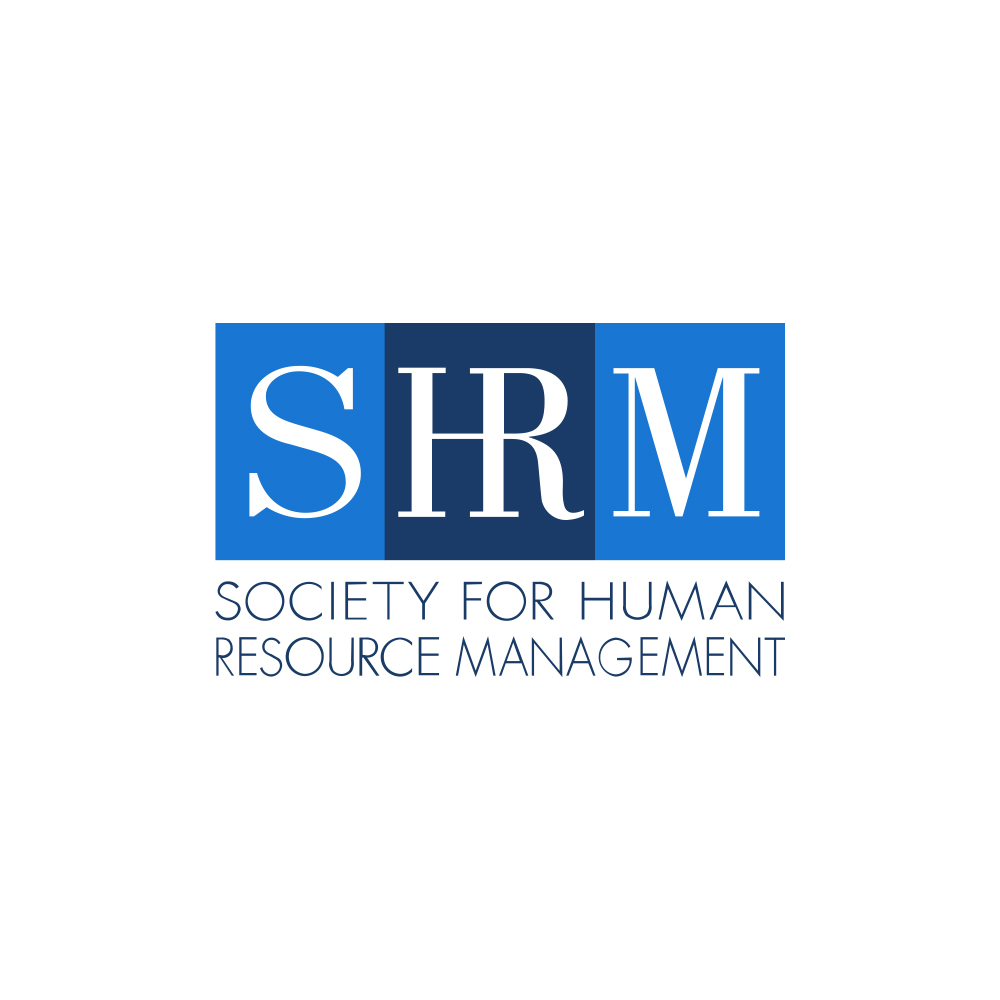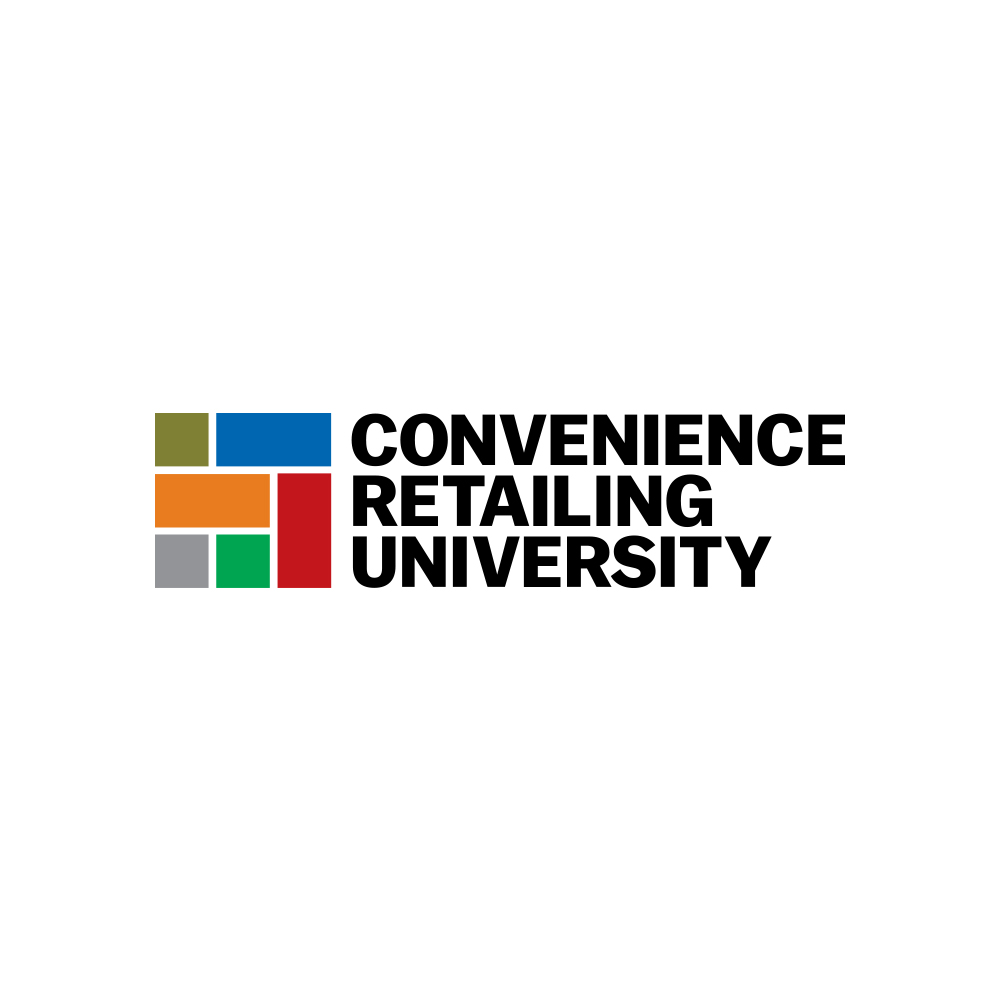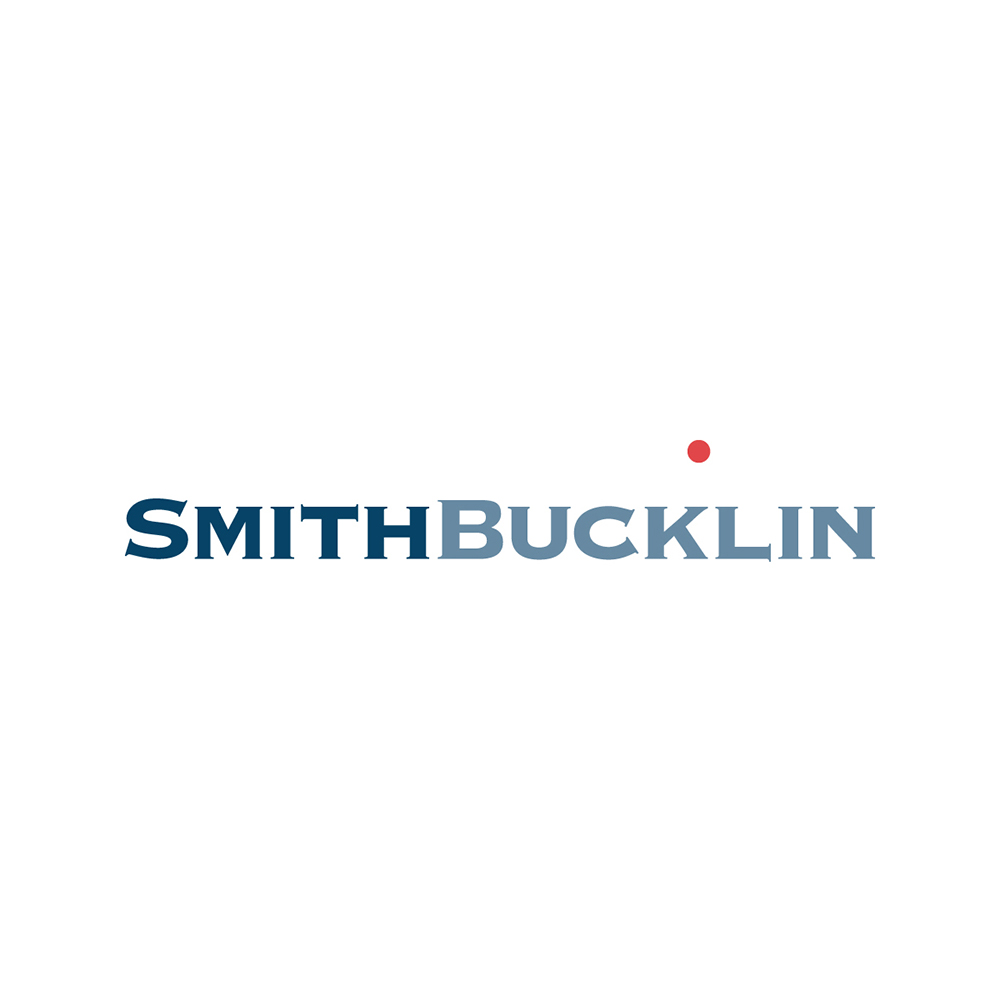Gen Z: How to Attract & Retain the Workforce of the Future
Gen Z will shape the workplace of the future. By understanding and leveraging their unique strengths, expectations, and motivations, businesses can foster innovation, improve productivity, and ensure long-term success in an evolving workforce landscape. This article offers 3 steps to attract and retain Gen Z.
*****
Last week my youngest son, John, graduated from the University of Colorado at Boulder. It was an incredible sight, with more than 6,000 students participating in commencement at Folsom Field.
The 2024 college graduation holds special significance as it marks the first traditional commencement for Gen Z students everywhere, following the disruption of high school graduations in 2020 due to the COVID-19 pandemic—a point shared by CU Boulder commencement speaker Steve Wozniak, cofounder of Apple.
Indeed, this is a milestone moment, symbolizing resilience, and adaptation in the face of unprecedented challenges.
Unfortunately, the challenges continue for this group of young adults: geological turmoil, economic uncertainty, and extreme difficulties finding work.
Despite the Great Resignation of recent years, the job market now faces headwinds for the incoming workforce. This CNBC story provides a helpful explanation how Gen Z struggles to gain footing in the workforce due to inflated job requirements, layoffs of recruiters, and a skills miss-match between available jobs and recent graduates’ degrees. While at the same time, per SHRM and Bersin Research, the average time for organizations to fill a position is at an all-time high of 44 days.

Unlock Gen Z’s Potential by Following These 3 Steps to Attract & Retain Them
Like previous generations, there are frustrations with Gen Z, but I find most of these are due to a lack of understanding about this generation and how they engage. As a keynote speaker on generations and as a generational consultant, I look to how history shapes each generation. I am constantly seeking data and insights in the drivers and opportunities to leverage their strengths.
Younger generations have historically been misunderstood at work, with misconceptions often leading to challenges in recruitment, retention, and effective collaboration. To engage and leverage the newest workers into your organization, consider adjusting your priorities to emphasize values over specialization, engaging recruiters or HR business partners as your talent brokers to navigate the hiring manager needs with the applicant base, and focusing on hiring for the long-term instead of the initial position. If leaders constrain themselves in fear of losing Gen Z employees in the short-term, then they miss out on adjusting their perspectives to learn what motivates the new workforce for the long-term. And what you need to retain Gen Z is what can also help attract them.
This past year, I’ve seen a dramatic increase in business leaders seeking to learn more about Gen Z’s strengths, expectations, and motivations. If you want to engage and attract Gen Z into your organization, here are three steps that will improve your recruitment and retention:
1. Don’t assume they know what “good” looks like.
One of the biggest mistakes older generations make is assuming that the youngest generation coming into the workforce has the same understanding and definitions of words. With Millennials, it was said that they didn’t have good “time management.” With Gen Z, it is that they are not “productive.” However, if you ask either of these generations, they will tell you that they absolutely have strong time management skills and are productive team members, but their definition may be different than yours. Ask yourself, if you were receiving the assignment, would you understand what good looks like? Be explicit without micromanaging. By not assuming Gen Z knows our definition of key terms and starting a conversation of what “good” looks like, they will align their judgment and actions to meet your expectations.
2. Focus on the long-term with values, development, stability.
Per the CNBC story above, employers seek specialized, experienced workers over entry-level positions. Yet, they are frustrated when workers leave after investing in their development. If workers feel they’re only used for their specialized skill, then they view the relationship as transactional (that may be expendable in the future), and they will not cultivate deep roots into the organization. If leaders want workers to stay longer, then they need to focus on their core values in their culture, as well as long-term employee development from entry level and beyond. A trait unique to Gen Z is their desire for long-term stability. (Source: SHRM.) This generation has grown up during a period of constant change, and the 2008 recession affected them deeply in their sense of financial stability. By focusing on values and development, companies create a foundation for long-term stability, where workers feel they can grow.
3. Engage in problem-solving while challenging them with practical applications through your experience.
Similar to Millennials, Gen Z wants to be engaged in conversations. Constant learners, they lean toward practical applications and scenarios to assess how they would relate in each situation. This generation grew up gaming, which allowed trial and error and learning through real-time scenarios. This developed their “muscle” for learning on the fly. But they may lack diverse inputs that older generations’ experiences can provide. Present your youngest workers with hypothetical situations based on your experiences, and then challenge them to develop innovative responses. By playing into their gaming muscle, you can jumpstart their learning and integration into your organization faster than previous generations, while guiding them to apply it to your customers, organization, and staff work.
It’s clear that understanding and engaging Gen Z is not just beneficial, but is essential for organizational success. By embracing their unique strengths, values, and perspectives, we not only empower our youngest workers, but we also pave the way for a brighter, more innovative future led by our next generation of leaders.
Lead Across Generations
Ready to lead your team seamlessly across generations? Elevate your leadership with tailored solutions. Whether it’s engaging keynotes, interactive workshops, or personalized executive coaching, I’m here to help you navigate the complexities of multigenerational leadership.
Discover how my offerings, including my “Leading Across Generations” keynote and “New Kids on the Workforce Block” workshop can teach you what you should need to know about Gen Z in the workplace.
Contact me to learn more about how we can work together.




